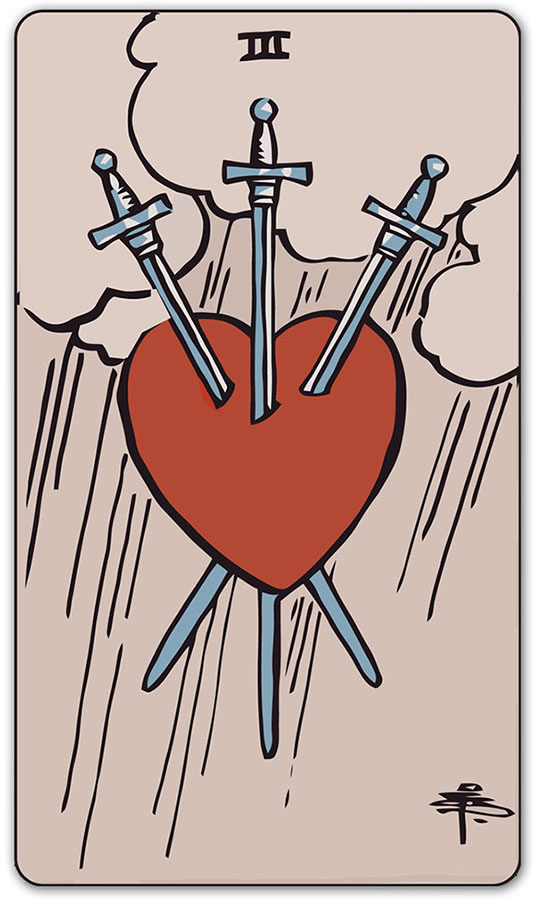How to make friends, you ask?
When you’re making friends, you have to build trust on two qualities before anything else: 1) You are harmless to them; you won’t cause emotional upset, financial danger, or obvious, predictable problems by becoming their friend. Friends will always come with a level of drama, but if the problems are already visible at first glance, you might find friends, but they’ll more than likely want to abuse your problems rather than remove them. 2) You’ll also have to seem like you would be able to positively influence their life; you must, somehow, make them feel better about themselves or their life, or preferably both.
Make them laugh.
The closest distance between two people is a smile, says a proverb. If you can make another person laugh, they’re much more likely to consider you a (real/equal) friend than if you can make them feel pity or compassion toward you. Pity creates inequality, and it’s not really suitable for real friends. Therefore, if you want to make friends, being funny, humorous, or amusing is important.
Ask for advice or, better yet, their opinion.
To break the ice, ask for a new person’s advice, opinion, or help – this is particularly good way online and at a gym. However, never ask for monetary help in order to make a friend, it won’t work, at least not to your advantage. Instead, you’ll put yourself into the position of the indebted person and make the other person hesitant to trust you – as you seem like a gold digger rather than a real friend.
Instead, ask for advice or their opinion on something, or ask them to help you out with something that isn’t terribly taxing for them. “How would you go about…” “Do you know where I could learn…” Show willingness to walk with your own two feet, rather than a need to slump all your weight on this person and the help you’re asking them. Ask them to help you help yourself; not for a chance to let them take care of all of your problems.
Offer help in return.
To create equality, offer help in return when you get some. Otherwise, you’ll create a student/teacher dynamic, which won’t work for real relationships. This might be a great opportunity to strike two birds with one stone: slip them a calling card with your blog or YouTube channel URL on it; “Hey, if you need help with SEO, here’s a link to my blog/YouTube” or something. “If you need help, just email me there .”
Let them in on the secret of what you enjoy.
You must have a mutual interest; something you both enjoy. You must let your friends in on the secrets of your enjoyment; what do you enjoy makes you who you are, and that is what your friends will love about you. The quirkiness of the things you enjoy. For example, most people “hate fakes”, people who change personalities every time they find a new group, right? Now, a person might enjoy “faking it” with new people. Their friends would love that person for the fact that every time they get into a new social situation, they never know what kind of character their friend plays this time, and that would make life amusing and funny for them.
Knowing what someone enjoys creates the warm and fuzzy feeling of being with a friend. Interestingly enough, we’re often embarrassed about what we enjoy and hide that stuff like it was a disease. 😀 No, no, no, from now on, don’t feel embarrassed, even if it’s silly. Your future friends will enjoy knowing it.
Subscribe to get a Daily Message
*) Term changed after this post was originally written. Fractions of old terms may exist elsewhere in the post. Read about term updates.
**) Narcissists are Young Souls left alone to survive and they're doing their best. Their emotional age ranges from 3 to 17 -year old. The younger, the more severe the narcissism.
© 2001-2024 Copyright Sebastyne - CRC-32 ecd1f512. - All rights reserved.

